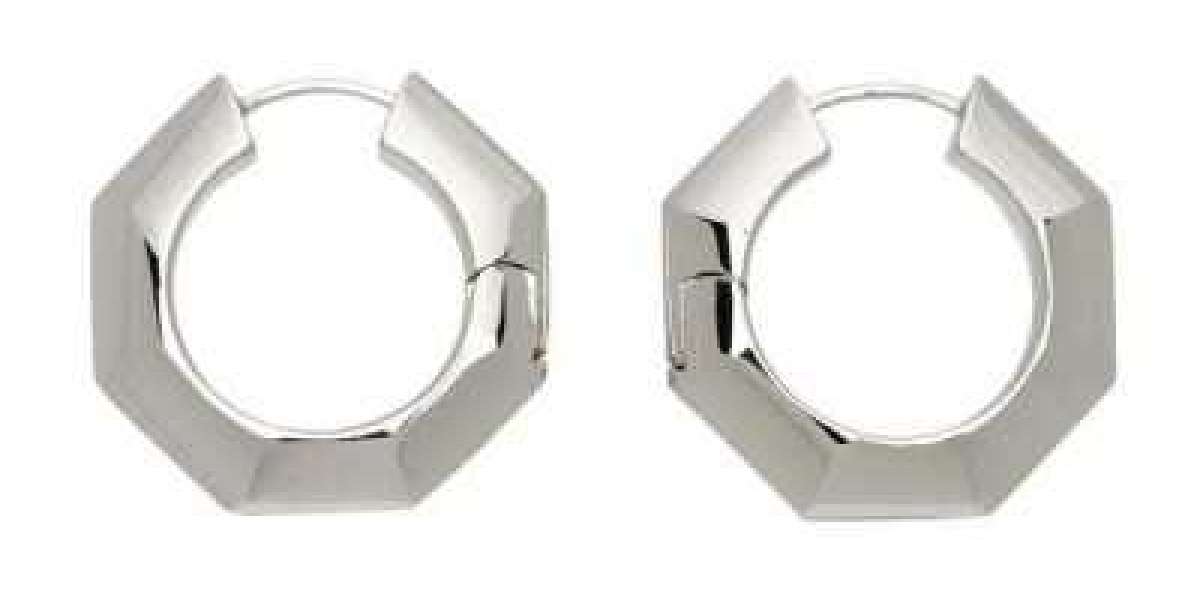The word "blog" is derived from the shorter form of "weblog," itself a portmanteau of "web" and "log." Therefore, a blog refers to a website or, more correctly, an online platform on which content is published in journal-like form. What it means by the name "blog" has to be understood with reference to its origin, evolution, and the role it plays in today's digital landscape.
1. Origin of the Term
The term "weblog" is attributed to 1997 and Jorn Barger of Robot Wisdom blog fame. Barger used "weblog" for describing his log online that contained the links he surfed and remarked upon. The term picked up very fast in usage, as the creation of online journals by many people followed, and soon it was abbreviated to simply "blog" for simplicity and ease of usage.
- Example: Early bloggers, like Jorn Barger and a few others, used blogs to share personal insight, link to interesting articles, and comment on various topics.
2. Structure of a Blog
A blog is made of a number of entries or posts in reverse chronological order, whereby the latest post appears first. Any single post may contain text, images, videos, and links. Blogs usually have categories and tags to make it easier for readers to find content on certain topics.
- Example: A design blog will have different posts on various design trends, tutorials, and case studies; all these can then be put under tags like "Typography," "UI/UX," or "Graphic Design."
3. Why It's Called a Blog
The term "blog" denotes both the format and the purpose of this medium online:
- Web: Blogs reside on the web and are viewable with web browsers. They hijack or build upon the power of the internet to distribute information worldwide.
- Log: The term 'log' was majorly used with regards to a record of events or any other form of journal. Blogs can be said to be like an online log that people use to write, compile their ideas and thoughts, and update people.
- Example: Just like any logbook, a blog continues to keep a record of all your posts and updates in chronological order; the difference is that it does this digitally.
4. Evolution and Popularity
Blogs have grown from what they started as personal journals or diaries. They have today become an important tool for businesses, influencers, and organisations. They are used for a myriad of activities, which include:
- Content Marketing: Businesses make use of blogs to dispense value through their content to drive traffic toward their sites and build audience engagement. This type of marketing with content does wonders in building brand authority and credibility.
- Professional Development: Most of the professionals, whether a graphic designer or not, blog about their area of expertise, recent happenings in their respective industries, and network with others.
- Community Building: Blogs allow communities to be created that are centred on topics of common interests. There are discussions among readers and bloggers, exchange of ideas, and even relationship building.
- Example: A tech blog would contain the latest gadgets, reviews of software, and industry news, thus making it a destination for a large number of visits by people interested in technology and related updates and discussions.
5. Role of Blogs in a Digital Age
Blogging continues to be of great importance in the digital age in the context of communication, sharing of information, and self-expression. It acts as a platform for any person or organisation to :
- Express Opinions: Bloggers can express their own views and expertise on various subjects, contributing to public discourse.
- Share Knowledge: It contains educational and instructional content for teaching readers new skills or guidance about keeping up-to-date with current trends.
- Drive Engagement: Since blogs allow comments and other social media shares, they ultimately create the chance for one to get engagement and feedback.
- Example: For instance, a travel blog where one posts info on various destinations, some travelling tips, personal experiences as a way to urge one to share opinions through comments, telling their travel stories.
Conclusion
The term "blog" indeed describes the meaning of what a blog really means: a log, a type of journal on the Web. From the very personal diary at the very beginning, the blog evolved to serve its wide audience. It gets its name from its being a digital record of structured and accessible content created for writing up, sharing, and engaging with. Whether personal, business, or community building, blogs continue to play a very big role in the digital landscape and no doubt will continue shaping the way forward in how we share and consume information online.







